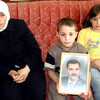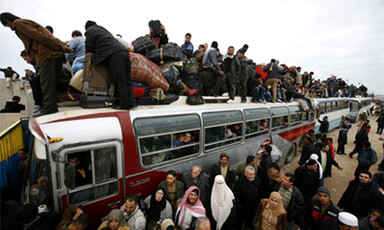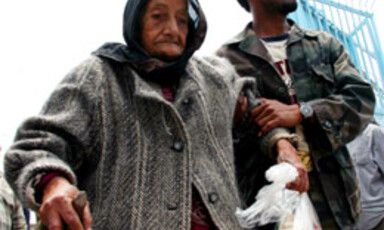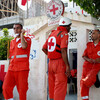
Israel arbitrary detains Palestinian legislators in the West Bank
24 May 2007
The Israeli Occupation Forces (IOF) arrested 33 members of the Palestinian Legislative Council (PLC), cabinet and local authorities yesterday 23 May 2007. Most of those are elected officials known to be affiliated with Hamas faction. The campaign was focused in the districts of Nablus, Tulkarem, Qalqilya, Ramallah, Salfit and Hebron. This is the third detention campaign IOF carry out against Palestinian officials. On 29 June 2006 IOF arrested eight ministers and 21 PLC members and local authorities’ officials. Later on 5 August 2006, IOF arrested the president of the PLC from his house in Ramallah. Read more about Israel arbitrary detains Palestinian legislators in the West Bank








